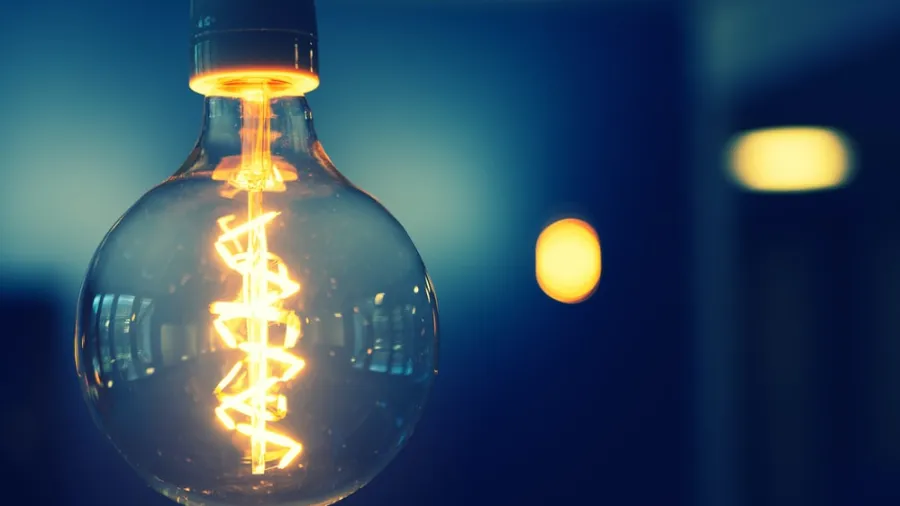
What are the three key amendments proposed in SG's energy bill?
All proposed changes empower the Energy Market Authority.
Second Minister for Trade and Industry Tan See Leng highlighted the three key amendments proposed under the energy bill which was read for a second time at the Parliament on 2 November.
The proposed bill empowers the Energy Market Authority (EMA) in three ways; the first is by amending Section 3 of the Electricity Act and the Second Schedule of the EMA Act.
By doing so, Leng said EMA will be able to “acquire, build, own and/or operate critical infrastructures” like generating units, energy storage solutions, and transmission infrastructure.
To be specific, Leng said EMA could buy Open Cycle Gas Turbines (OCGT) to “augment any shortfall in generation capacity, such as when there are unplanned outages among other generation units.
The trade and industry second minister underscored that the private sector has little interest in buying OCGTs and EMA could step in to build it under the proposed bill.
“These quick response units are necessary for the security and reliability of our electricity system. The existing OCGTs in Singapore are more than 30 years old and they are long overdue for replacement,” Leng said.
The bill also allows EMA or a subsidiary to directly operate, if needed, the said critical infrastructure.
Leng, meanwhile, allayed fears that allowing EMA to own and operate generating units would “depress wholesale electricity prices.”
The minister clarified that EMA has the “flexibility to react to the wide range of scenarios which may undermine the security, stability, and reliability” of the energy sector.
“Our preference is for the private sector to build, to own, and to operate the electricity infrastructure. I would like to assure this House that, before exercising this power, EMA would have explored alternative solutions to provide the critical infrastructure needed,” Leng said.
Safeguards will also be put in place to ensure that there would be no unfair competition against the private generation companies, Leng added.
The second key amendment proposed under the energy bill is to penalise those who will damage infrastructure housing of electricity cables, gas transmission pipelines, or submarine gas pipelines in the territorial waters of Singapore.
Currently, sections 80 and 85 of the Electricity Act and sections 32, 32A, and 32B of the Gas Act only impose penalties on those who damage the actual cables and pipelines.
“EMA will be expanding the scope of the offences in these sections to cover such protective infrastructure as well. The offences carry the same penalties as those for damaging the actual cables and pipelines,” Leng said.
The last proposed change under the energy bill expands EMA’s regulatory functions under the Electricity Act.
Under the bill, the regulatory body can implement “policies and strategies connected with the reduction of greenhouse gas emissions in the import, export, generation, transmission, or supply of electricity” on parties licensed under the Electricity Act.
Leng said these policies and strategies may be imposed on licensees through Codes of Practices as stated in Clause 3(k).
Ending his speech, Leng said the passage of the bill is necessary to ensure that EMA has the “necessary levers to navigate the energy transition while ensuring that our energy supply remains secure and reliable.”








![Cross Domain [Manu + SBR + ABF + ABR + FMCG + HBR + ]](https://cmg-qa.s3.ap-southeast-1.amazonaws.com/s3fs-public/styles/exclusive_featured_article/public/2025-01/earth-3537401_1920_4.jpg.webp?itok=WaRpTJwE)
![Cross Domain [SBR + ABR]](https://cmg-qa.s3.ap-southeast-1.amazonaws.com/s3fs-public/styles/exclusive_featured_article/public/2025-01/pexels-jahoo-867092-2_1.jpg.webp?itok=o7MUL1oO)









 Advertise
Advertise


